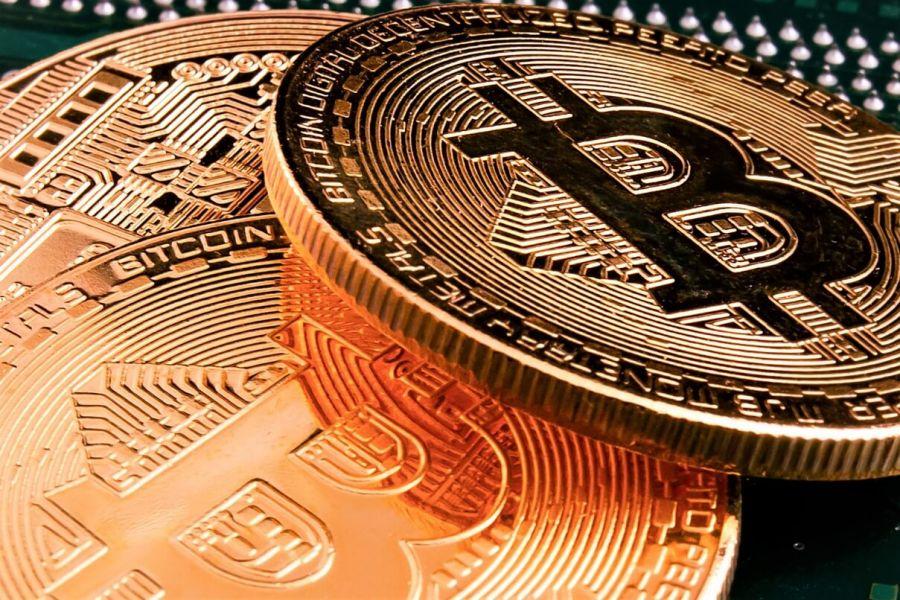

Pirestani said Coinbase was also looking at security token offerings, which attempt to raise funds via a token that is fully registered with the SEC. The core difference is that with an IEO, the exchange runs the token offering on behalf of the project, helping to give it greater awareness and legitimacy. IEOs are an evolution of initial coin offerings ( ICOs), where crypto projects would sell tokens at different prices to raise capital-most of which were deemed unregistered securities offerings by the SEC. In September 2019, the company’s head of institutional sales Kayvon Pirestani, now COO of Coinbase Singapore, said at CoinDesk Invest that an IEO (initial exchange offering) could be a “ really interesting opportunity” for Coinbase. Not necessarily, especially as Coinbase has dabbled in the idea of raising money through token sales before. Does this signify that Coinbase has concluded not everything needs to be on a blockchain after all? This failed to materialize, however, and the exchange had a smooth direct listing. “If we think the future is all assets exist on the blockchain, why should this be any different?” “Coinbase should constantly challenge itself to be as crypto native as possible,” Ehrsam said. In a May 2020 interview, Coinbase co-founder Fred Ehrsam told Fortune’s Jeff John Roberts, now executive editor at Decrypt, that it would be boring if Coinbase went public without doing anything blockchain-related.


The frustration is doubled by the fact that Coinbase itself has professed to be in favor of issuing tokenized shares-not just for its own stock, but for all stocks, even the likes of Walmart. This is a frustration for many: not only would a native Coinbase token delight crypto fans, but it would also improve liquidity, since such a token could be traded outside market hours.


 0 kommentar(er)
0 kommentar(er)
